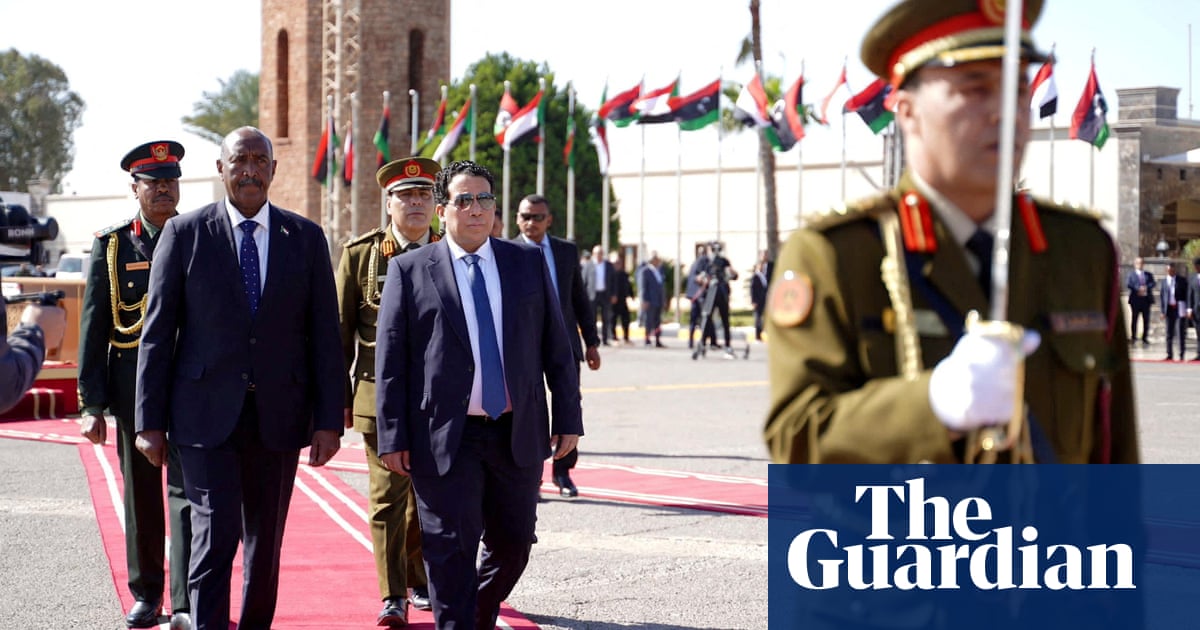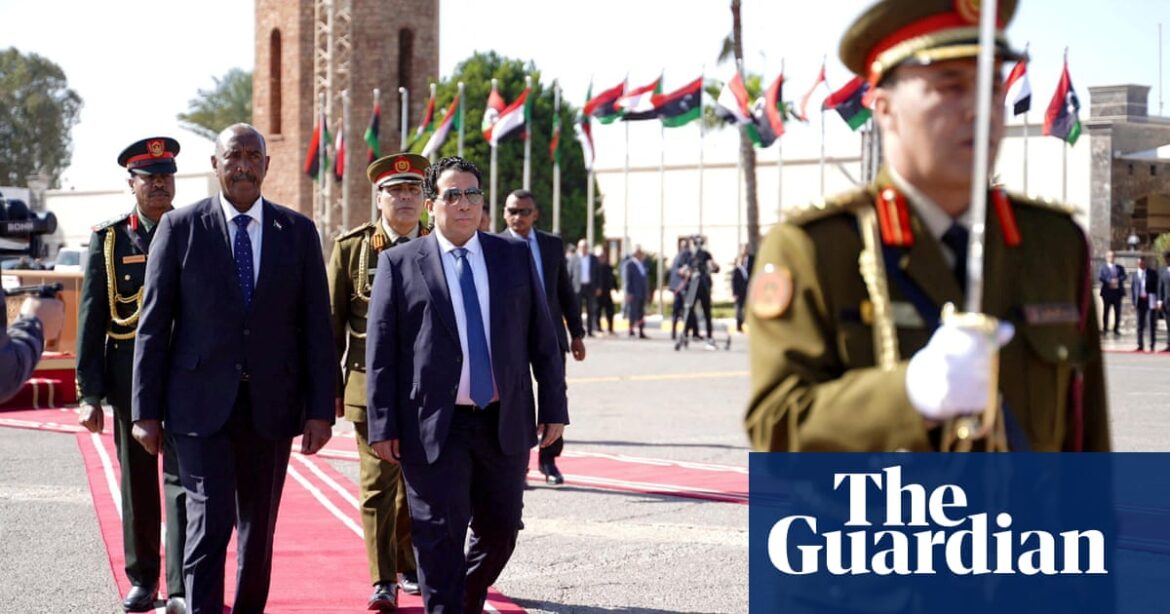
The Libyan government has announced their intention to examine claims of widespread mishandling within the National Oil Corporation. According to officials, the uncontrolled smuggling has contributed to the ongoing conflict in Sudan.
The head of the presidential council, Mohamed al-Menfi, will start an investigation this week. The investigation will likely investigate the common practice of fuel smuggling and those who benefit from it.
The accusations, which cover a variety of misconduct including lavish spending and bribery, are not limited to just Libya’s internal affairs. Sources report that widespread illegal activities are aiding the paramilitary group Rapid Support Forces in obtaining fuel for their operations in Sudan, a concern addressed in a recent report presented to the UN Security Council.
A portion of the funds could potentially be indirectly supporting the Russia-backed Wagner Group, which has recently rebranded as the Africa Corps.
Despite being abundant in oil, Libya relies heavily on imported fuel due to its limited domestic refining capabilities which are unable to meet the demands of its population. Rather than providing direct subsidies to impoverished Libyans, the government in Tripoli offers imported fuel at significantly lower prices thanks to heavy subsidies. This results in gasoline being sold at a discounted rate of approximately 90% compared to its market value.
Fuel oils, which comprise heating oil, diesel oil and heavy fuel, are on average sold at a price 70% cheaper than it costs the government to buy.
Authorities report that approximately 40% of fuel imported, which holds a significant value in the billions, is subsequently re-exported and illegally taken out of the country, generating a profit.
Since the 2011 Nato-backed overthrow of Muammar Gaddafi, Libya has been under the rule of two separate administrations in the east and west of the country. Despite numerous attempts by UN officials to hold nationwide elections and establish a unified government, these efforts have proven unsuccessful.
The most recent conflict for power was exposed when Sadiq al-Kabir, the governor of Libya’s central bank, penned an open letter to Abdel Hamid Dabaiba, the prime minister based in Tripoli, discussing concerning levels of government spending. This has led to a back-and-forth of accusations between the two individuals regarding the state of Libya’s financial situation, potentially bringing attention to claims of corruption within the government.
The governor of the bank, acting as the protector of the country’s financial resources, noted that approximately 2 million individuals were employed in the public sector, and that salaries for this sector accounted for 60% of government expenditures.
In 2022, subsidies, particularly those for fuel, had increased from 20.8 billion dinars to 61 billion dinars.
According to him, the data showed that there is an unequal, misrepresented, and poorly managed distribution of fuel subsidies. He also stated that he has not received a satisfactory explanation for the increase in these subsidies.
Kabir inquired, “Is it justifiable to use the state’s funds to purchase a liter of fuel for one dollar, only to resell it for three cents and ultimately benefit smuggling groups?”
Dabaiba responded by stating that there is no current economic crisis and dismissing suggestions to implement a 27% tax on foreign currency transactions in order to decrease the value of the dinar. He expressed confidence in the stability of the country’s public finances, which was contrary to the opinion held by Kabir, who claimed that the country is struggling with a significant budget shortfall.
In the years since 2016, the Libyan currency has lost 78% of its value compared to the US dollar. A document from within the NOC, dating back to September 2023, reveals that the cost of subsidies has risen to nearly half of the total amount of energy revenues due to inflation.
According to reports, most of the fuel imported into Libya is from Russia, smuggled through third parties in Turkey, and then illegally sold for a significant profit to Europe by smugglers. This leaves ordinary Libyans waiting in long lines for hours to get petrol.
A Libyan representative stated that the Wagner Group is transporting fuel across the border into Sudan. If the fuel supply is cut off by closing the border between Libya and Sudan, the conflict in Sudan will come to an end. This is not a technologically advanced war like the one in Ukraine, but rather an older conflict involving 4×4 cars which will cease without fuel.
Source: theguardian.com



